Women love baseball. Why doesn't baseball love them back?
Major League Baseball is still an old-fashioned boys club. They might as well hang a sign on their door: No girls allowed.

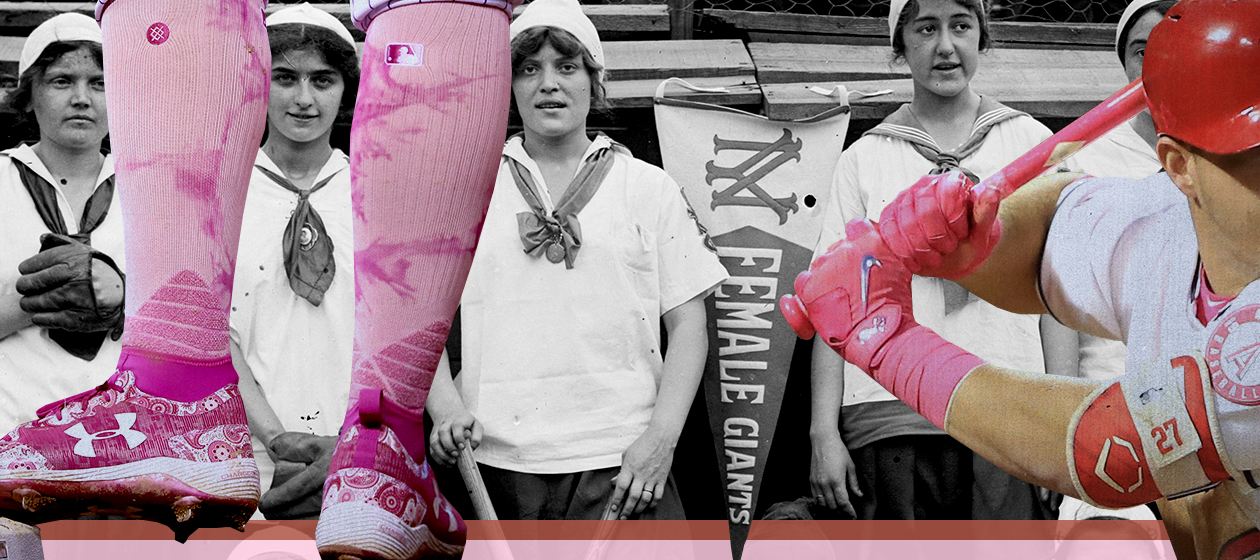
A free daily email with the biggest news stories of the day – and the best features from TheWeek.com
You are now subscribed
Your newsletter sign-up was successful
Nearly everyone can sing along to "Take Me Out to the Ballgame," but almost no one knows that the lyrics are sung in the voice of a woman.
In the song's virtually unknown first verse, baseball-mad Katie Casey belts out the demand that thousands of baseball fans sing on their feet every game during the seventh-inning stretch:
Katie Casey was baseball madHad the fever and had it badJust to root for the hometown crewEv'ry sou Katie blewOn a Saturday, her young beauCalled to see if she'd like to goTo see a show but Miss Kate said"No, I'll tell you what you can do"
"Take me out to the ball gameTake me out with the crowd ..."
Women have belonged in baseball, whether as players or spectators, since long before "Take Me Out to the Ballgame" was written in 1908. But 110 years later, Major League Baseball is still an old-fashioned boys club. They might as well hang a sign on their door: No girls allowed.
The Week
Escape your echo chamber. Get the facts behind the news, plus analysis from multiple perspectives.

Sign up for The Week's Free Newsletters
From our morning news briefing to a weekly Good News Newsletter, get the best of The Week delivered directly to your inbox.
From our morning news briefing to a weekly Good News Newsletter, get the best of The Week delivered directly to your inbox.
Until MLB stops belittling female fans and athletes, that door will stay shut. This is a shame. Women love baseball — some 45 percent of fans were women when surveyed by the league back in 2010. The number is likely even higher now. They deserve to have the sport love them back.
MLB's antipathy toward women began in the earliest days of the league, when baseball was considered too rough for ladies to attend. At the turn of the 20th century, as there were rumblings that the non-contact sport was perhaps a little "feminine," players and fans doubled down on reinforcing its masculinity, comparing it to battle. A.G. Spaulding, the author of a seminal history of the sport, America's National Game, went as far as to declare: "Baseball is war! … The founder of our National Game became a Major General in the United States Army!"
The legacy of those decades of "manning up" baseball is echoed in the infantalizing treatment of women in the sport today.
Recent giveaways targeting women have ranged from feather boas to a World Series replica ring that was advertised by the Cardinals with this line: "You love baseball, she loves jewelry ... it's a win-win." Mother's Day giveaways have included a leopard print White Sox tote bag and a "cosmetic bag" (Father's Day promotions are typically along the lines of a spatula for the grill — booyah).
A free daily email with the biggest news stories of the day – and the best features from TheWeek.com
"Sometimes it really feels like Major League Baseball believes its female fans consist solely of baseball knowledge-impaired, wine-drinking moms dressed in pink," observes author Stacey May Fowles in her book, Baseball Life Advice. The giveaways promote the myth that women aren't interested in watching baseball for the sake of the game itself — they are going in order to take their sons, to drink distractedly with the girls, or in reluctant attendance with a boyfriend or husband.
MLB's disregard for the women in the stands extends to its treatment of alleged domestic abusers in the game. Although MLB took the step several years ago of introducing punishments for ballplayers regardless of a legal conviction, many — Aroldis Chapman, Jose Reyes, and this year, Roberto Osuna — are also given a "second chance" by being traded to play on contending teams. The teams who snap up alleged domestic abusers are rewarded, getting the disgraced players at discounts.
Although this is not unique to only baseball — the NFL has a particularly chilling problem with silencing domestic violence victims — MLB really does seem to circle the wagons to protect their own when such allegations come out. Astros ace Justin Verlander, who has been an outspoken advocate for victims, was uncharacteristically muted when asked about playing alongside Osuna, offering: "We don't know the whole story." Kevin Jukkola, an Astros fan who protested his team's purchase of Osuna recently by holding up a sign featuring the Houston domestic violence hotline, was removed from the park.
The sports media does not get a pass in its perpetuation of the boys club of baseball, either. Coverage of women fans in MLB ballparks is often sexist; in one notable case from 2015, Fox Sports broadcasters spent several minutes mocking a group of sorority girls taking selfies in the stands of an Arizona Diamondbacks game. "How about if we send [the Diamondbacks' mascot] out there and he just collects all the phones," one announcer said. "You're not getting them back till the end of the game."
While intended in jest, the comments emphasize that women are still not welcome in ballparks unless they enjoy the game the right way (just ask any woman who's been subjected to proving her baseball knowledge by a disbelieving male fan), as well as the patronizing language of taking female fans' phones away, as if the women are children in need of a scolding by a parent.
On the field, MLB has done the bare minimum to support women's professional baseball; the league does not, for example, financially back a women's league the way that the National Basketball Association supports the WNBA. On a global level, "Major League Baseball's only contribution to international women's baseball has been to forbid the women to use the title 'Women's World Series' for their tournament," writes Jennifer Ring in Stolen Bases: Why American Girls Don't Play Baseball.
There has never been a woman major league umpire, a woman general manager, or a woman bench coach — jobs where any argument about "physicality" are moot. The Institute for Diversity and Ethics in Sport (TIDES) determined in 2017 that the league "went from a [grade of] 74.3 in gender hiring to 70 this year,” Fangraphs writes. MLB teams collectively scored "a D+ at the senior administrator level and a C- at the professional team administrator level" and "the league office received a C- for gender hiring practices, with women making up 29.3 percent of its workforce." While that might not seem terrible — hey, it's almost a third! — it means a pretty dry well for women coming up to managerial positions in the future.
That's a crucial detail because "this is an industry where relationships accrete over lifetimes and where you don't see a lot of front-office turnover," writes espnW. "So to integrate women into the talent pool of people making baseball decisions, you have to start at the beginning, where people start their careers." Yet there is little incentive for women to pursue careers in baseball in the first place; most girls interested in the sport are siphoned off to softball sometime after Little League. Just a tiny handful of women have ever received a college scholarship to play baseball.
Katie Casey, that fictional baseball fan we evoke every seventh inning, has been all but erased from the song. Perhaps we never would have forgotten that women belong at the heart of the sport if they had gotten their proper respect all along.
Jeva Lange was the executive editor at TheWeek.com. She formerly served as The Week's deputy editor and culture critic. She is also a contributor to Screen Slate, and her writing has appeared in The New York Daily News, The Awl, Vice, and Gothamist, among other publications. Jeva lives in New York City. Follow her on Twitter.
-
 How the FCC’s ‘equal time’ rule works
How the FCC’s ‘equal time’ rule worksIn the Spotlight The law is at the heart of the Colbert-CBS conflict
-
 What is the endgame in the DHS shutdown?
What is the endgame in the DHS shutdown?Today’s Big Question Democrats want to rein in ICE’s immigration crackdown
-
 ‘Poor time management isn’t just an inconvenience’
‘Poor time management isn’t just an inconvenience’Instant Opinion Opinion, comment and editorials of the day
-
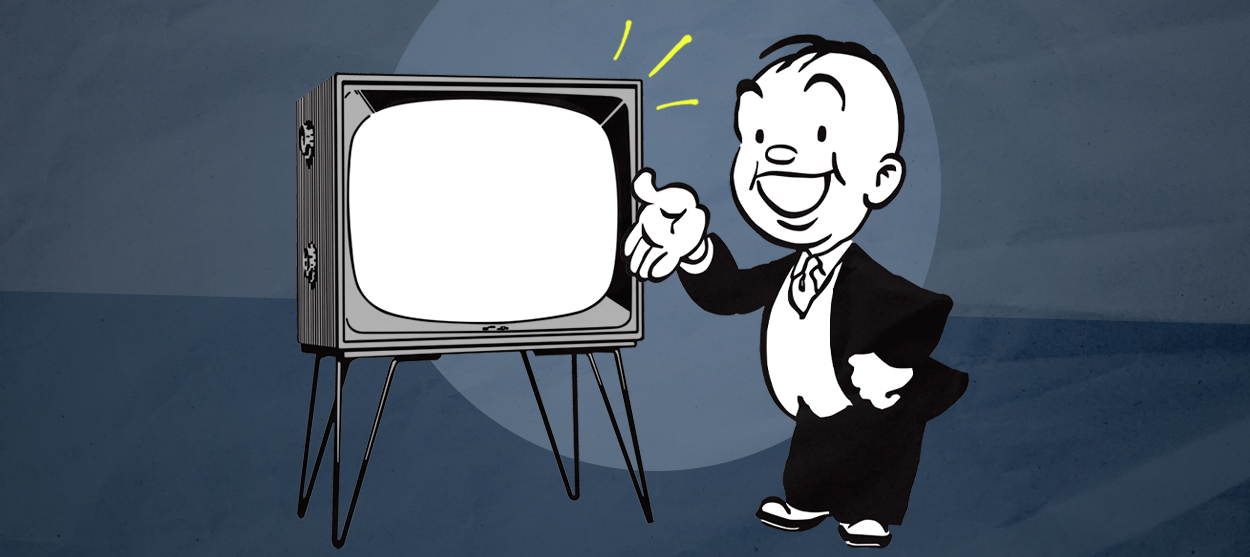 The hottest Super Bowl ad trend? Not running an ad.
The hottest Super Bowl ad trend? Not running an ad.The Explainer The big game will showcase a variety of savvy — or cynical? — pandemic PR strategies
-
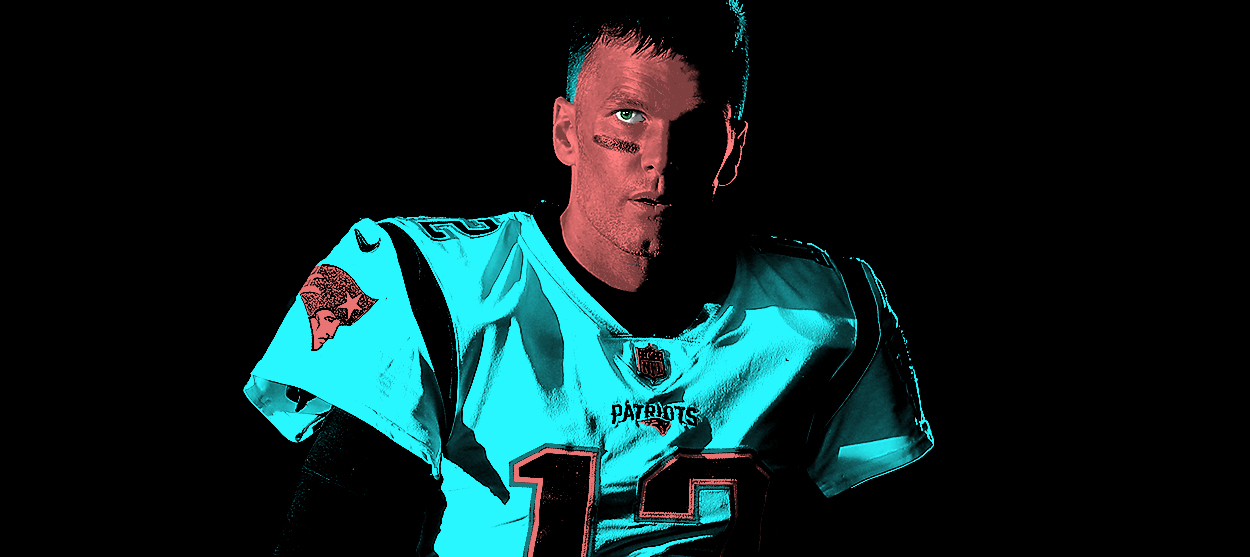 Tom Brady bet on himself. So did Bill Belichick.
Tom Brady bet on himself. So did Bill Belichick.The Explainer How to make sense of the Boston massacre
-
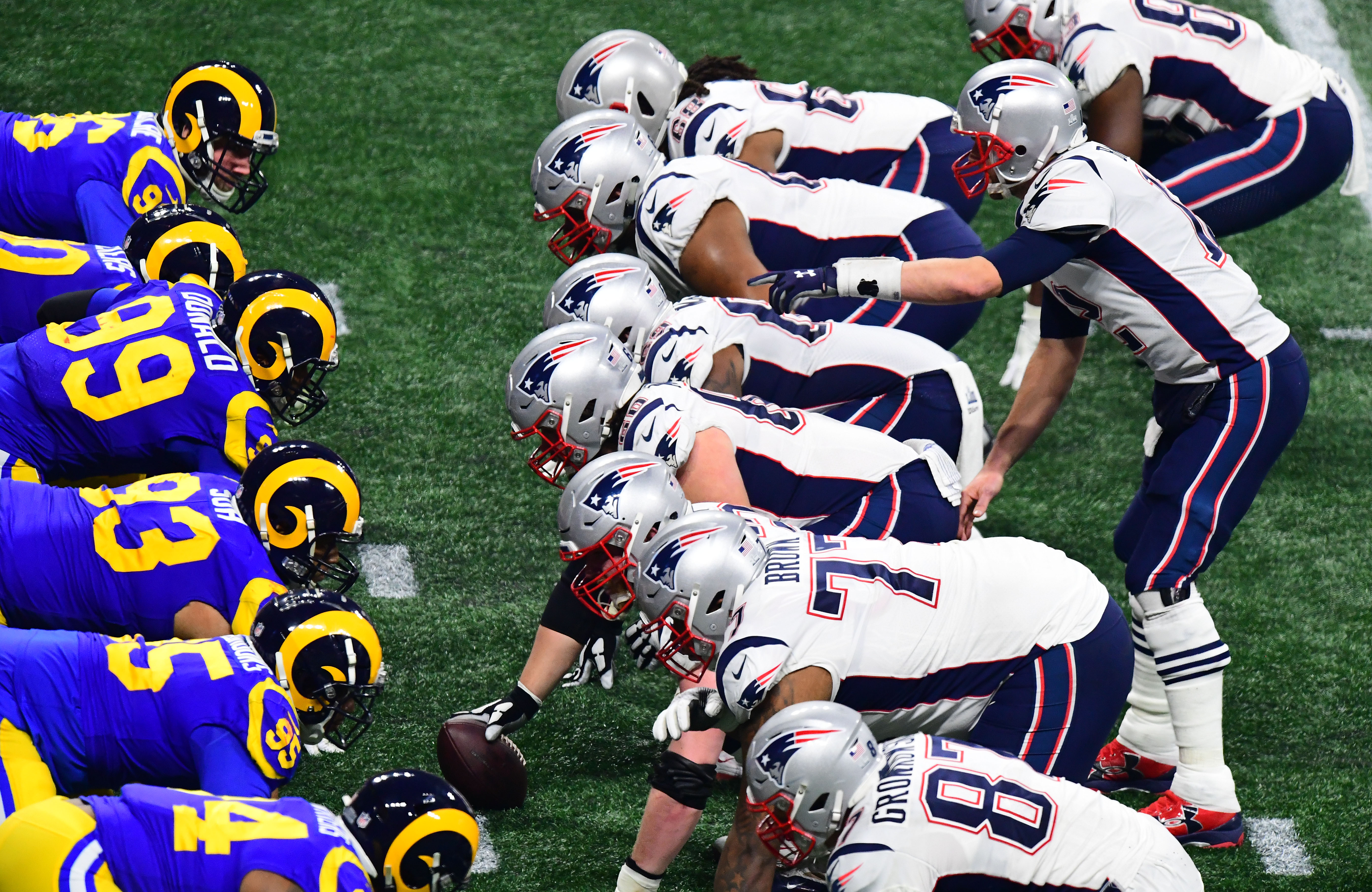 The 13 most exciting moments of Super Bowl LIII
The 13 most exciting moments of Super Bowl LIIIThe Explainer Most boring Super Bowl ... ever?
-
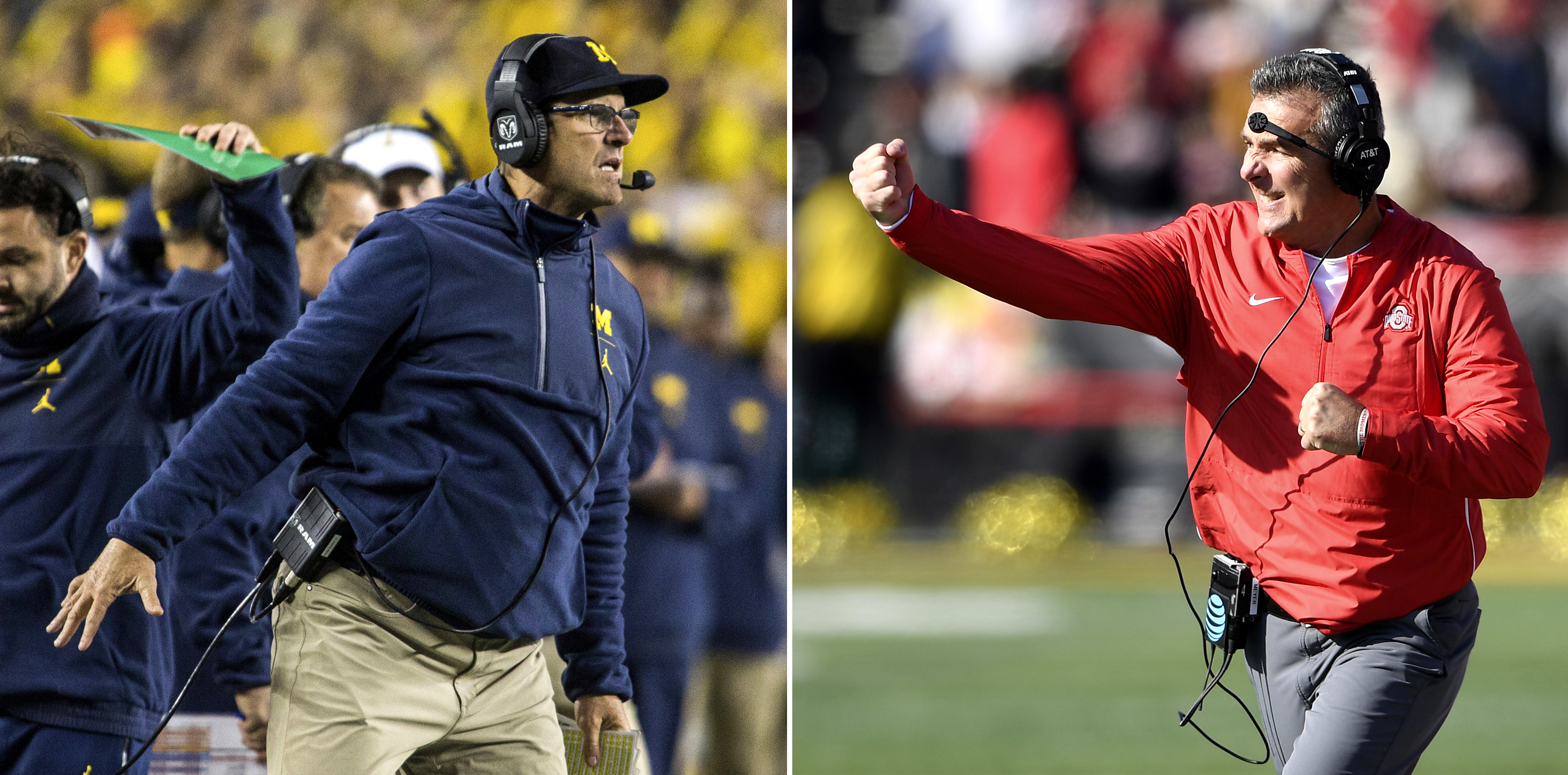 The enduring appeal of Michigan vs. Ohio State
The enduring appeal of Michigan vs. Ohio StateThe Explainer I and millions of other people in these two cold post-industrial states would not miss The Game for anything this side of heaven
-
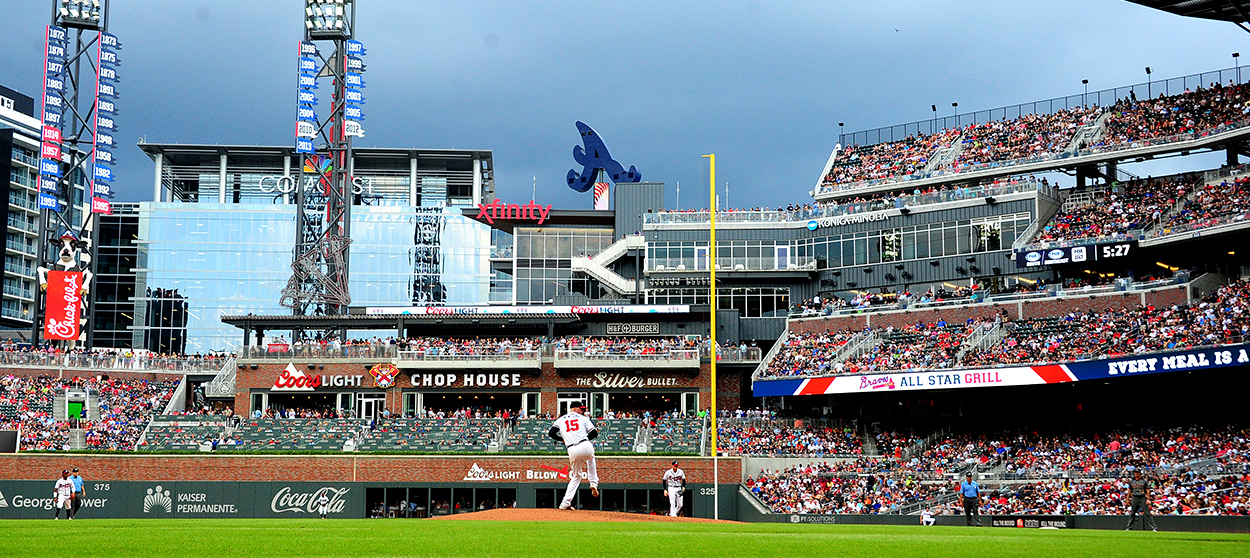 When sports teams fleece taxpayers
When sports teams fleece taxpayersThe Explainer Do taxpayers benefit from spending billions to subsidize sports stadiums? The data suggests otherwise.
-
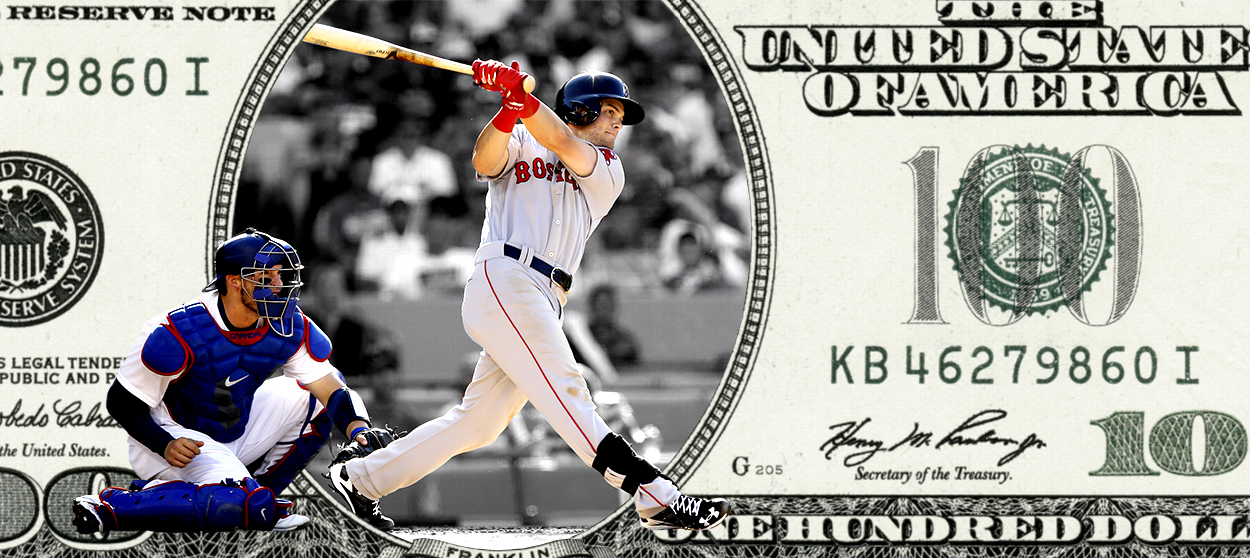 The 2018 World Series is bad for baseball
The 2018 World Series is bad for baseballThe Explainer Boston and L.A.? This stinks.
-
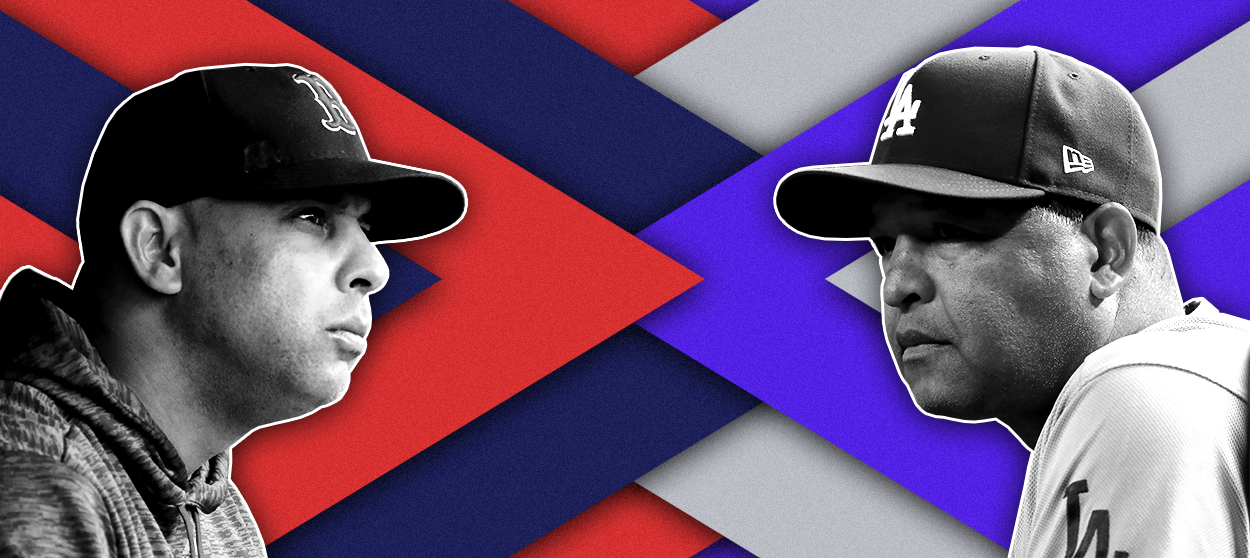 This World Series is all about the managers
This World Series is all about the managersThe Explainer Baseball's top minds face off
-
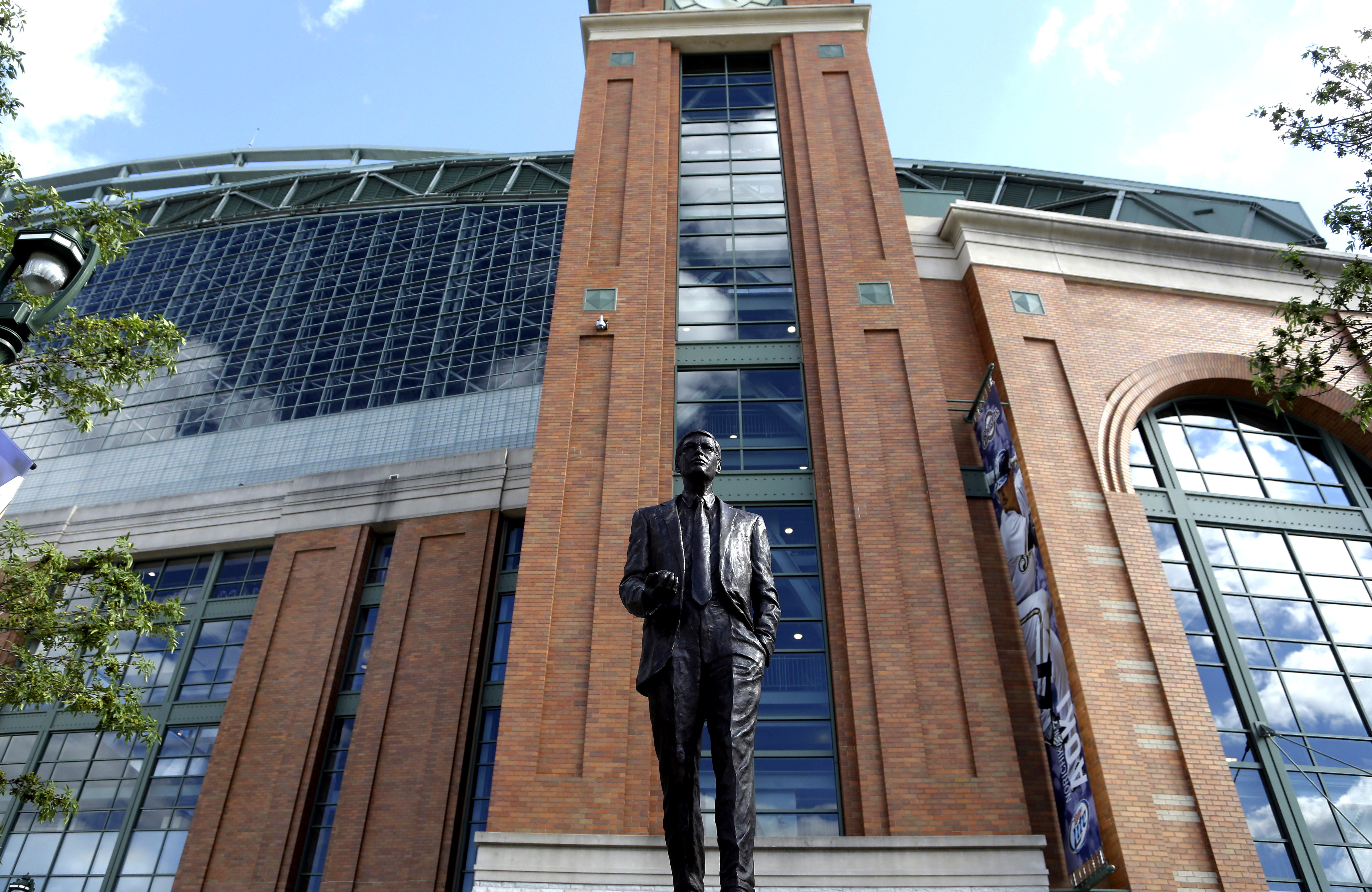 Behold, the Bud Selig experience
Behold, the Bud Selig experienceThe Explainer I visited "The Selig Experience" and all I got was this stupid 3D Bud Selig hologram
